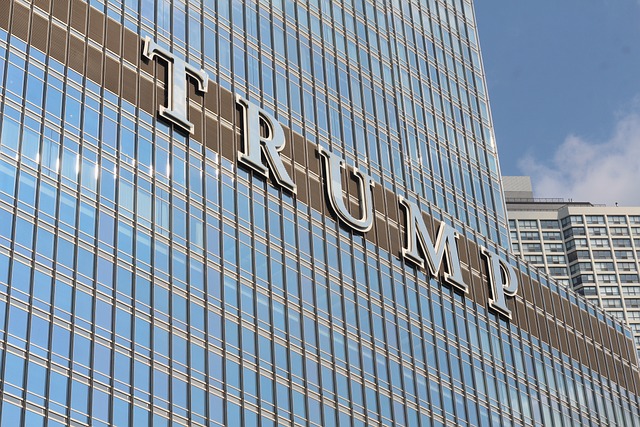The new Trump administration is likely to bring a variety of consequences for the financial services sector, both positive and negative. Some of these could be powerful catalysts that may favor short-term price movements, but it is important to be aware of the uncertainty surrounding the timeline and the magnitude of the effects, especially on profits.
The new government is expected to lower taxes, which generally serves as an economic stimulus. This will benefit various sectors, such as private equity and alternative investments, investment banks, regional banks, and retail investment intermediaries and platforms. Our portfolio has exposure to private equity and alternative investments through companies like Ares Management, Apollo Global Management, Hamilton Lane, Brookfield, TPG, Partners Group, and Intermediate Capital Group. We also hold Berkshire Hathaway and Investor AB, which are likely to benefit from stock market gains.
Among investment and regional banks, we hold positions in JP Morgan Chase, PNC Financial Services, Wintrust Financial, First Horizon, and BOK Financial. Within intermediaries and retail investment platforms, we hold positions in Interactive Brokers Group, Morgan Stanley (which is an investment bank but also owns E*Trade), and Raymond James. Swissquote is a European retail intermediary that offers various products, including cryptocurrencies (there is a perception that Trump will favor the cryptocurrency sector).
The new government is also expected to deregulate the financial sector. Companies like Visa and Wells Fargo (both in the portfolio) have several positive fundamental drivers but have faced considerable regulatory scrutiny in recent years, which could ease under a regime less focused on regulation. Laxer regulation could stimulate mergers and acquisitions activity, which in turn should create opportunities for private equity and investment banking.
These factors could stimulate investment flows into the U.S., which is often financed by the sale of non-U.S. assets, contributing to U.S. markets standing out. Regarding interest rates, if short-term rates decrease as the Federal Reserve continues its cycle of cuts, asset values should receive support, benefiting companies exposed to markets, including private equity funds, holdings, and investment platforms. As U.S. long-term rates rise, our positions in insurance and reinsurance should benefit.
A lot of attention has been paid to trade tariffs. If they increase, inflation could face upward pressure. This could lead to relatively higher interest rates, which would pose a hurdle for various sectors of the economy such as consumer goods, small businesses, and the real estate sector.




